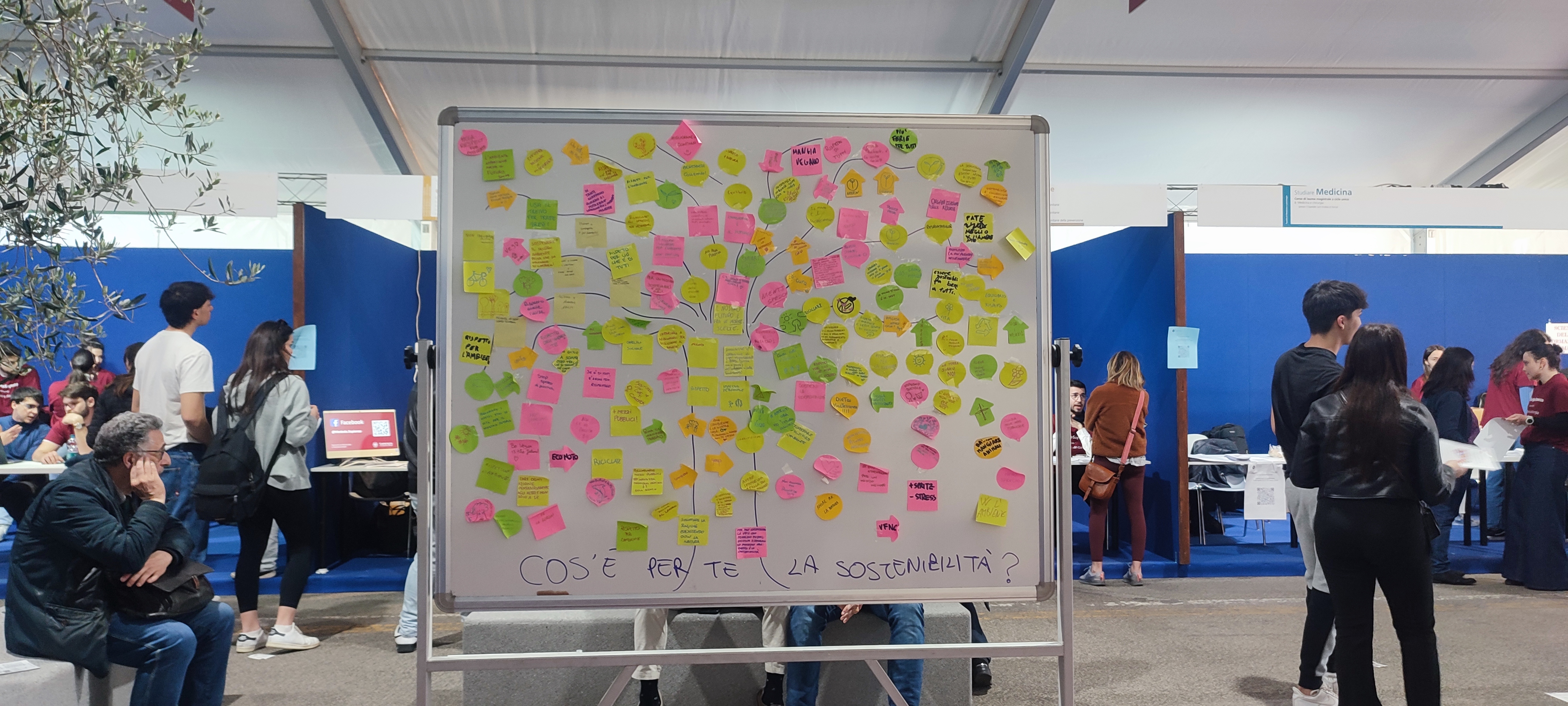
Lecturers from the various cultural areas present in Sapienza's 57 departments are involved in the programme. The strategic horizon is to build an educational and training policy shared by all disciplines committed to sustainability. Thus, it will allow the development of transversal skills for those enrolled in all degree programmes - first and second level, Master and PhDs:
In line with the UN Agenda 2030 goals, Sapienza places itself at the service of the community to promote the cultural transition currently underway by teaching sustainability in its various forms. Using the numerous areas of expertise of our academic staff represents the added value of a generalist university. With this initiative, we want to train the new generations and equip them with effective tools in the field of green jobs, many of which will represent important and innovative employment opportunities in the near future", says Rector Antonella Polimeni.
The definition of new employment prospects: training and reskilling
The interest is to apply one's own specificities and sustainability perspectives to contribute to cultural development in which the possibilities for new occupations concern transdisciplinary promoted activities.
Livio De Santoli, Deputy Rector for Sustainability, concludes:
A correct ecological transition must be integrated into an economic-cultural model that is different from the current one, which also involves social and economic transformations. To strengthen the disciplinary integration component of the innovation system, it is necessary to start from the university mission of education".
The course promotes a collaborative, transversal review of knowledge for the evaluation, identification, aggregation and practical application of innovative solutions.
List photo: © Valentina Alvaro_SUR
